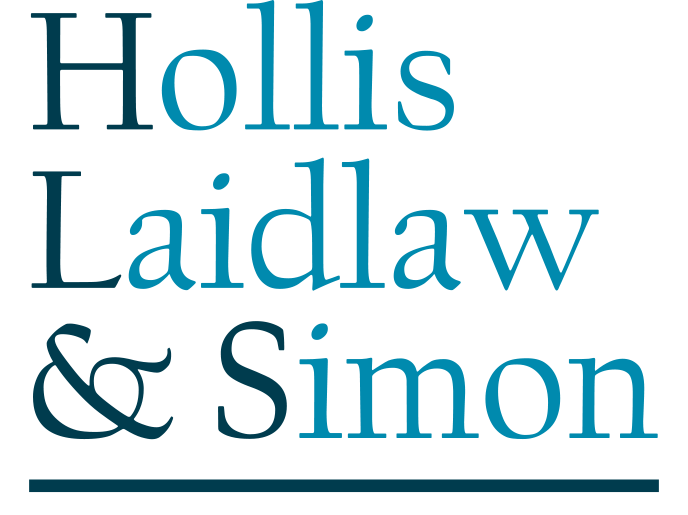In our estate planning engagements, clients are often most concerned about protecting the value of their home. There are two main risks here: taxes and long term care costs.
The two most common ways to protect a home are to transfer the home to a trust and reserve the right to live in the home within the trust agreement. Or alternatively, transfer the deed to the house to adult children, reserving a “life estate” in the deed for yourself and/or your spouse.
Clients and even some attorneys will often prefer a “simple” deed over a trust, especially since there are the same income, estate and property tax treatments for both life estates and trusts.
In our view, the trust is the far superior method to protect the house. Here’s why:
1. Our clients retain total control over whether to sell the house and purchase a new residence of any kind within our trust agreement. In a life estate, a later sale would require the consent of all parties to the deed.
2. Our client retains the right to change the trust beneficiaries at any time. This right gives more control and flexibility if life changes for the client or the adult children requiring any adjustment to beneficiaries. In a deed, ownership is fixed on the date of transfer and our client can’t alter it without consent of all parties to the deed.
3. In a trust, if the house is sold at a point when our client is in a nursing home, all of the sale price stays protected inside the trust. In a life estate, if our client is later placed in a nursing home, there will be a value set for the life estate that will be lost to the cost of care in the nursing home.
4. We don’t know the adult children or their estate plan. There are situations where adult children lose capacity or predecease our client. They might need to qualify for government benefits themselves and owning this house could be a disadvantage to them. Or they could die without a will and the property inadvertently comes back to our clients if they are the heirs at law. Or they may need to qualify for college assistance for their children and again owning this house works against them.
For both our clients and their adult children, we find trusts result in greater, more permanent asset protection with much more control for our clients and flexibility with the estate plan as life unfolds.
For more information, please contact us for a complimentary consultation.













